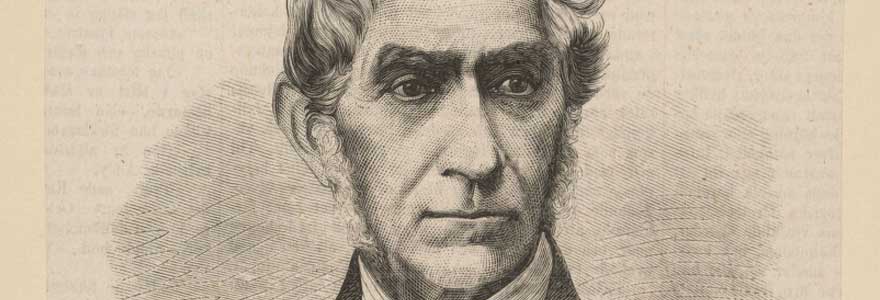Lambert Adolphe Jacques Quetelet (February 22, 1796 - 1874) was a Belgian astronomer, statistician and sociologist. He founded and directed the Brussels observatory and was influential in introducing statistical methods to the social sciences. Some French-language sources give his last name as Quetelet, with no accent.
Quetelet received a doctorate in mathematics in 1819 from the University of Ghent. Shortly thereafter, the young man set out to convince government officials and private donors to build an astronomical observatory in Brussels; he succeeded in 1828.
The new science of probability and statistics was mainly used in astronomy at the time, to get a handle on measurement errors with the method of least squares. Quetelet was among the first who attempted to apply it to social science, planning what he called a "social physics". He was keenly aware of the overwhelming complexity of social phenomena, and the many variables that needed measurement. His goal was to understand the statistical laws underlying such phenomena as crime rates, marriage rates or suicide rates. He wanted to explain the values of these variables by other social factors. These ideas were rather controversial among other scientists at the time who held that it contradicted a concept of freedom of choice.
His most influential book was Sur l'homme et le developpement de se facultes, ou Essai de physique sociale, published in 1835 (In English translation, entitled Treatise on Man). In it, he outlines the project of a social physics and describes his concept of the "average man" (l'homme moyen) who is characterized by the mean values of measured variables that follow a normal distribution. He collected data about many such variables.
Principal among these, in terms of influence over later public health agendas, was Quetelet's establishment of a simple measure for classifying people's weight relative to an ideal weight for their height. His proposal, the Body Mass Index, has endured with minor variations to the present day. It remains the only widely-recognised raw material for obesity statistics and the policy discussions related to them.
Quetelet also founded several statistical journals and societies, and was especially interested in creating international cooperation among statisticians.



